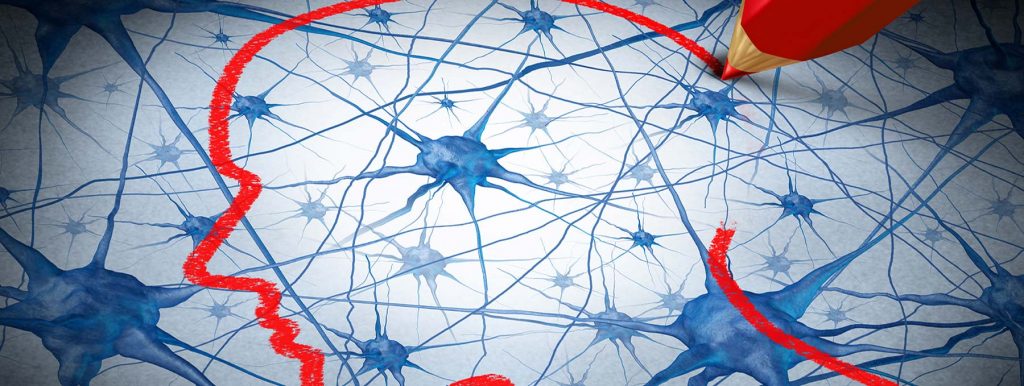Since the invention of the snooze button in 1956, millions of people have opted on many mornings for just a few more minutes of sleep. However, researchers of chronobiology warn that this extra sleep may be an actual health hazard rather than the blessing it seems. The Endocrine System and Your Sleep Cycle Humans are […]
The Basics of Your Sleep Cycle
If you’ve ever pulled an all-nighter or had a newborn, you know that sleep is important. Without sleep, people lose cognitive function, are at high risk of getting in life-threatening accidents and even are more prone to developing chronic diseases such as cancer and heart disease. However, it is not just the length of time […]
Reverse Seasonal Affective Disorder: The Summertime Blues
Most people have heard of seasonal affective disorder, or the winter blues. However, some people experience similar symptoms in warm weather months. Researchers are investigating reverse seasonal affective disorder, or summertime depression, in more detail. New studies in chronobiology suggest that there is a very real biochemical basis for this common health problem. The Link […]
Nighttime Eating Linked to Poor Sleep
The midnight snack is almost an institution of American life, with many people succumbing to a nighttime raid of their refrigerators and freezers. However, new research suggests that these after-hours snack attacks may be linked to poor sleep. Can Eating Before Bed be Bad for You? Eating late at night can interfere with sleep in […]
Parkinson’s Disease and Sleep Disorders: Can Melatonin Help?
People who live with Parkinson’s disease quickly find that even routine tasks become difficult as the disease progresses. It is common for Parkinson’s disease and sleep disorders to go hand in hand. New research in chronobiology suggests that melatonin, particularly timed-release melatonin, may not only help people with Parkinson’s disease to get the sleep they […]
- « Previous Page
- 1
- …
- 7
- 8
- 9
- 10
- 11
- 12
- Next Page »









